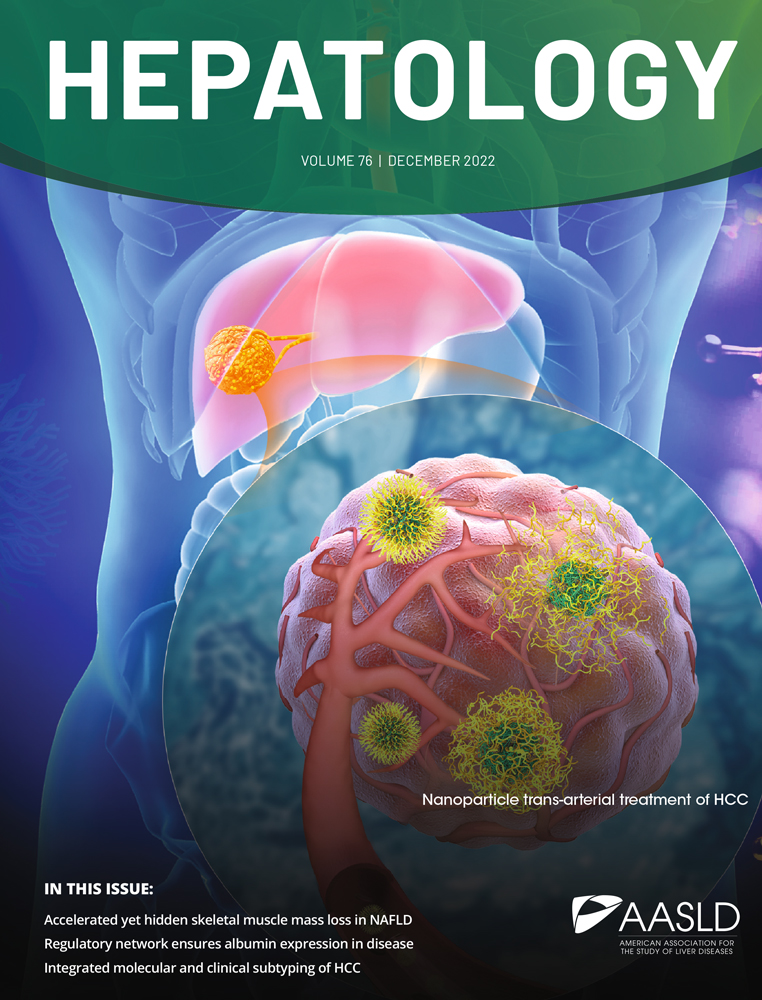Reply:†
Potential conflict of interest: Nothing to report.
Dr. Senzolo and colleagues question the recommendation we made in the recently published practice guidelines on transjugular intrahepatic portosystemic shunt (TIPS) that the use of this procedure is not recommended for patients with venoocclusive disease (VOD).1 This recommendation was based on a review of published series that showed TIPS was largely ineffective in salvaging patients with advanced VOD. This recommendation was directed toward the practicing clinician and not toward the clinical investigator who wishes to explore further the use of TIPS in this condition. I support additional clinical trials; however, for the clinician, TIPS remains of no proven benefit in the treatment of VOD.
When designing clinical trials, several issues must be overcome. First, these patients frequently are very sick, and other conditions such as graft-versus-host disease can also cause liver failure; thus the diagnosis of VOD must be based on established criteria such as transjugular liver biopsy.2 Second, the type of patient who might benefit from a TIPS is unclear. Most of these patients recover spontaneously, and those that advance may reach a stage beyond which intervention with a TIPS would be of no benefit. The latter was clearly our experience.2 Deciding which patients are the best candidates for a TIPS will require a great deal of thought. Lastly, with what treatment is TIPS going to be compared? I believe that because TIPS is of no proven benefit, a controlled trial comparing medical management with TIPS is the only approach that would provide a definitive answer. Because the incidence of VOD has declined, the performance of such a trial would have to be done using multiple centers.
References
Thomas D. Boyer M.D.*, * University of Arizona, Tucson, AZ.




